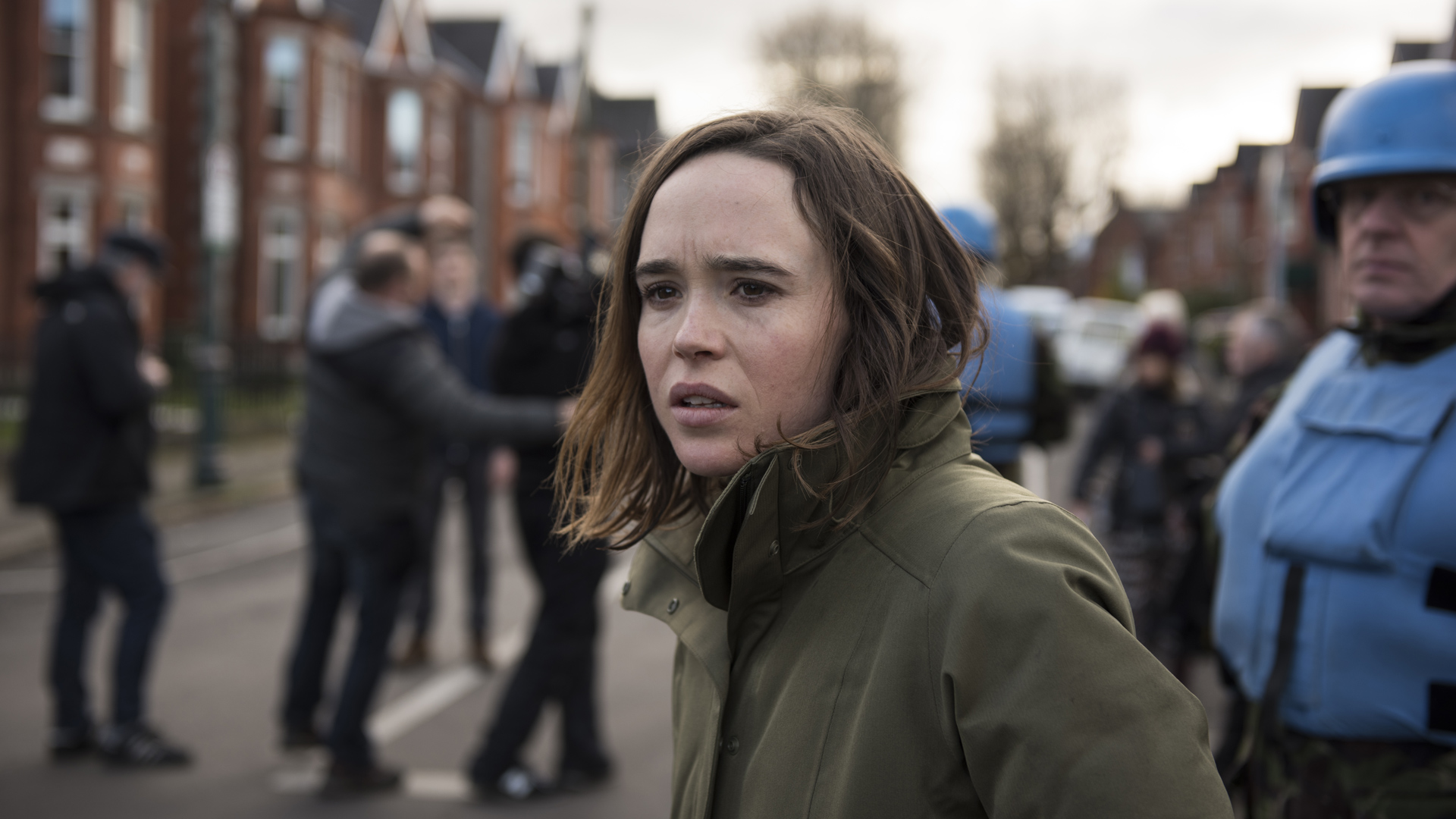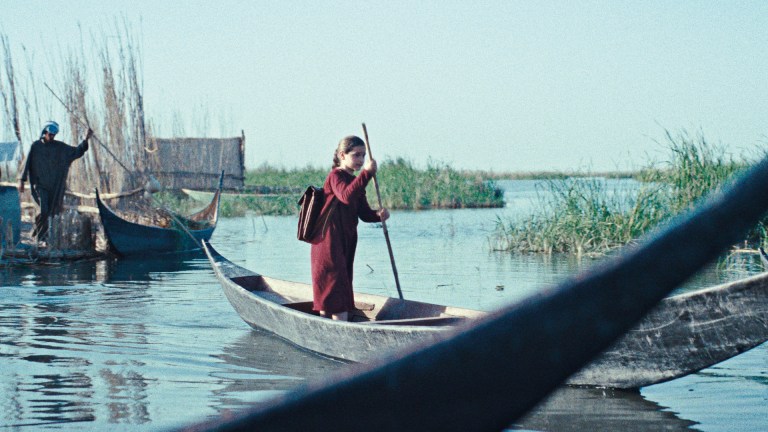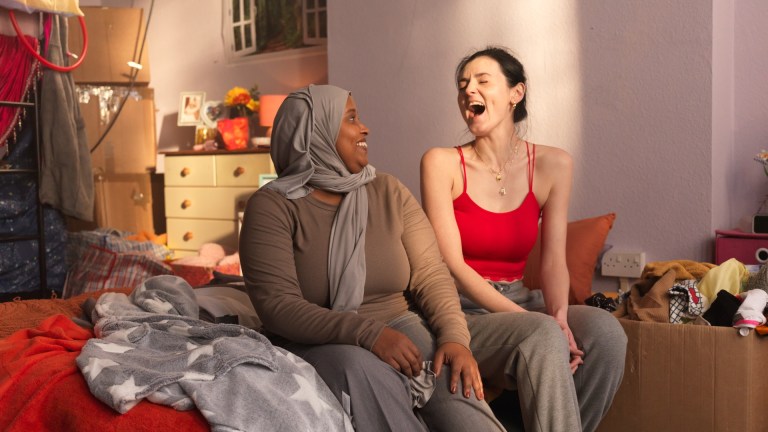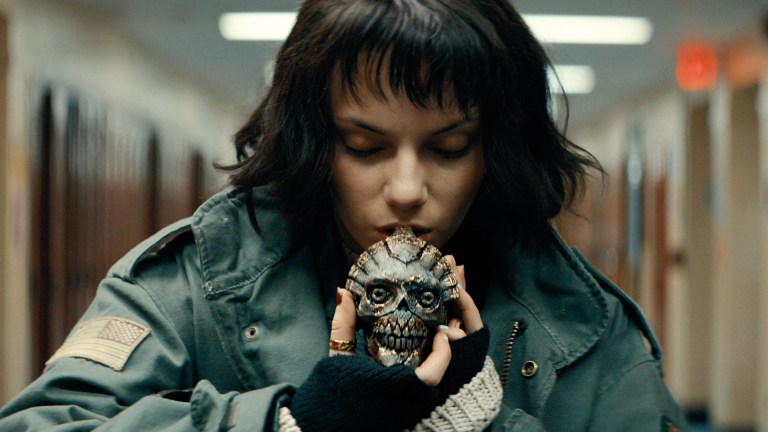“The Cured is the zombie movie that takes place after the zombie movie you’re used to seeing,” says Ellen Page, the Canadian actress whose breakthrough, Oscar-nominated role in Juno led to a diverse career over the last decade.
Next up, an Irish-based drama set after the country was rampaged by zombies. “Essentially there’s a group of infected people that have been cured and they’re being introduced back to society – some are welcoming and some people are not,” Page continues.
Ah, there’s nothing like a zombie film to provide a bit of biting social commentary. And The Cured, written and directed by first-timer David Freyne, has even richer allegorical value than most, with the resurrected undead standing for any number of contemporary concerns: immigrants, mental health stigma, how society deals with ex-convicts or those leaving the services, evenhomeless people – anyone who is seen as being less than human by wider society; intolerant, suspicious and frightened of the other. Freyne drew on how the recession hit Ireland and the rise of populist politicians around the world encouraging intolerance towards those who aren’t to blame.
Zombie films are a way in which we question ourselves
“When [Freyne] was first starting to write it a lot of the scenes were relating to the sort of uprising of nationalism and obviously throughout the years, that has continued to be present.It’s definitely contemporary,” Page says. “Dealing with a zombie outbreak/apocalypse would be difficult. The film tries to present this area of moral ambiguity and ethical compromise in terms of how everybody’s dealing with the situation. Ultimately the entire situation that’s been created perpetuates this cycle of fear and violence.
“The part of the script that compelled me was the idea of utilising fear to gain power,” Page adds.
“It’s been a massive part of human history, and it’s alive and well.” Quite the understatement.









